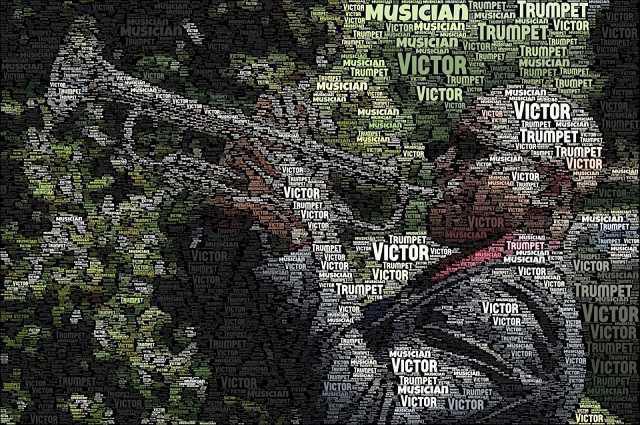How old are you?
26
What job prospects did you have/perceive entering college?
My main focus was to be a creator of my own projects. I wanted to be an entrepreneur.
What job prospects do you currently see?
I create my own projects, as I desired, but I also teach improvisation and an improvisational ensemble at the college level, direct a choir and sing solos at church, play in a variety of bands in different genres/settings, record horn parts for projects...the list continues to expand. None of these other things were my goals, but by seeking my initial goal, I developed skills and abilities that led me to be able to do these other things on a high level, and I enjoy all the jobs I choose to do. When you can do more, understand more, and when you can work well with different people/personalities, you will find yourself involved in different situations you may not have intended to find. Be open to the possibilities and seek understanding--following these two principles will take you far.
What advice do you have to students interested in a career in the music industry?
Be open-minded about possibilities. There is something to be learned from *every* situation. That means you can learn from good experiences, bad experiences, experiences in your preferred "lane" of activity, those outside of your "lane" of preferred activities...but you can only learn if you choose to learn. If you choose to cross your arms and be disappointed or mad, you will miss out on all the blessings that come from observation.
For example, if you are a classical player, take some improvisation lessons in school. Or play in the jazz ensemble. Do some things that are not typical for a classical player, because those outside experiences aren't really that unrelated--understanding how to improvise (aka spontaneously compose) and understanding how to play in a section and interpreting a wide variety of styles (which all fall under duties in a "jazz" ensemble or "big band") can *only* help your musicianship and ability to win and retain jobs that will keep you working as a musician.
If you shun all non "classical" gigs, you'll never really experience the joy of great music-making, which isn't bound by genre lines.
Or, for an example of learning from a "bad" situation--some of my earliest experiences playing in corporate/wedding/top 40 bands were not good.
After some of these types of gigs, I had a bad time and thought, maybe this band I'm playing in isn't very good (which was partially true), or maybe I don't like this music (which wasn't really true at all). However, I didn't get mad--I catalogued the feeling, and the conditions of the experience that caused this feeling. After having several experiences with other similar bands, and having some data and a variety of experiences to compare, I realized that what made the experience bad was that the horns were not cared for--specifically, the horns had to play un-amplified, and/or without any monitors, while the rest of the band was amplified. We (the horns) were expected to overblow to be heard, and overblowing always will beat up your chops. I became acutely aware of the principles of balance, mixing, and blend in the live setting, and I was able to develop strategies to prevent situations like that from occurring.
This taught me a lot about musical presentations, creating good ensemble experiences (whether I'm the person in charge or not), and learning from "bad" situations. I still perform in wedding band situations to this day, and I cannot recall the last bad experience I've had. Imagine what I would have learned if I just quit taking those kinds of gigs after the first less-than-savory experiences?
Instead of thinking about what's wrong with things, think instead, "What is this situation teaching me? How can I make things better? What's needed?" And then, be the change.






